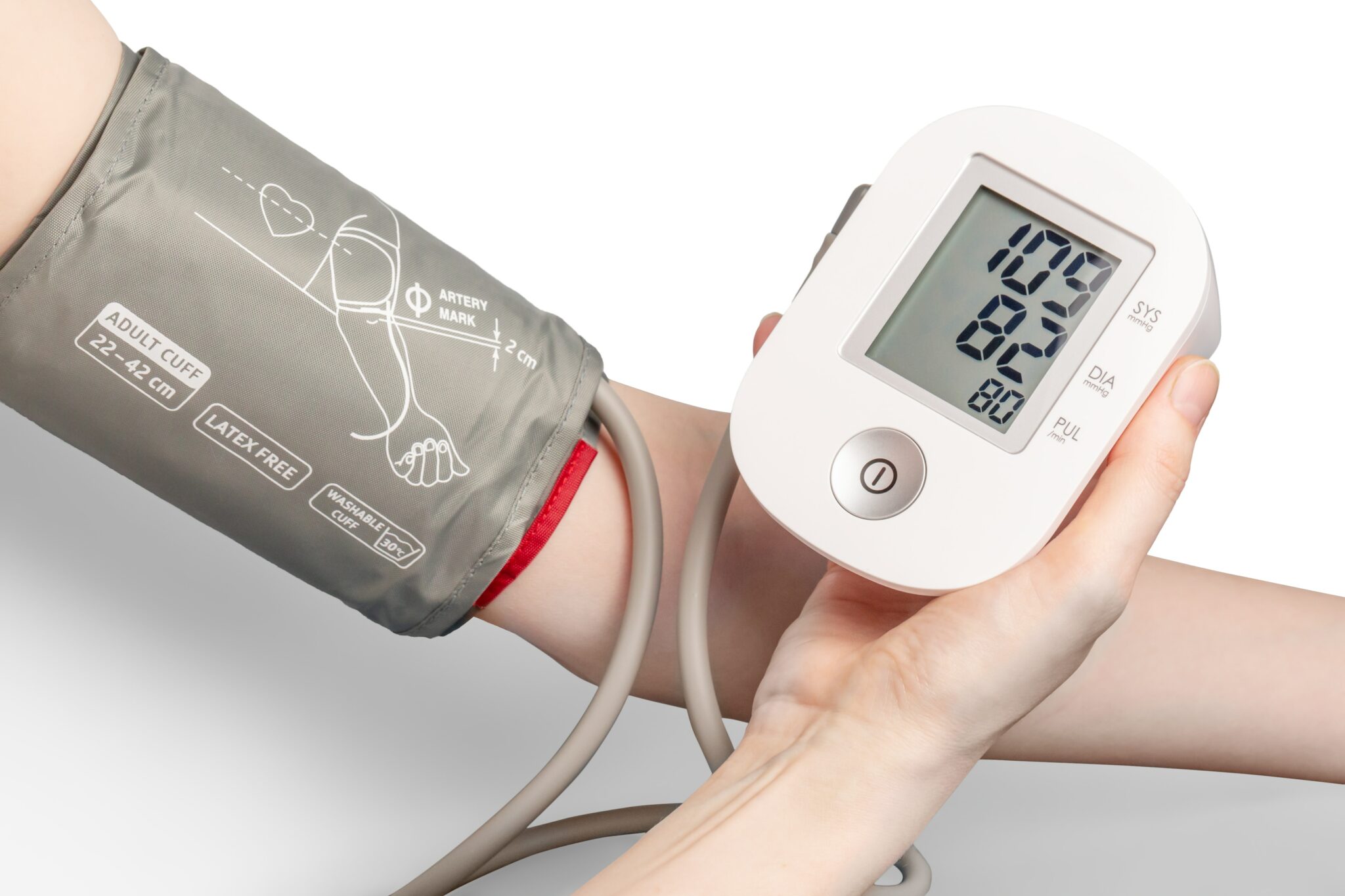Hydrochlorothiazide vs. Chlorthalidone: Which Is Right for Your Hypertension?
- Introduction
- How These Medications Work
- Effectiveness in Blood Pressure Control
- Duration of Action
- Side Effects and Risks
- Cardiovascular Outcomes
- Who Might Benefit Most
- Cost and Availability
- Patient Experience and Adherence
- Conclusion: Making the Right Choice


Introduction
If you're managing high blood pressure, you may have been prescribed a thiazide-type diuretic—either hydrochlorothiazide (HCTZ) or chlorthalidone. Both are commonly used, but they aren’t exactly the same. So how do you know which one is better for you? This article breaks down the differences in effectiveness, side effects, duration, and more to help you and your healthcare provider make the best decision for your treatment plan.
How These Medications Work
Both HCTZ and chlorthalidone are thiazide-type diuretics that lower blood pressure by helping your kidneys eliminate sodium and water, reducing blood volume. This decreases the workload on your heart and lowers resistance in your blood vessels. Though similar in mechanism, they differ in potency, duration, and clinical outcomes.
Effectiveness in Blood Pressure Control
Studies have shown that chlorthalidone is often more effective at lowering blood pressure than HCTZ, particularly over a 24-hour period. In head-to-head comparisons, chlorthalidone consistently lowers systolic blood pressure by 3 to 5 mmHg more than HCTZ at equivalent doses.
Duration of Action
One of the biggest differences is how long each drug works. HCTZ has a shorter half-life (about 6–15 hours), meaning its effect may wear off before your next dose. Chlorthalidone has a half-life of 40–60 hours, providing steadier blood pressure control throughout the day and night.
Side Effects and Risks
Both drugs share common side effects like:
- Increased urination
- Low potassium levels
- Dizziness
- Fatigue
Cardiovascular Outcomes
According to data from large trials like ALLHAT, chlorthalidone has been shown to reduce the risk of heart failure and stroke more effectively than some other antihypertensive medications. While HCTZ is still effective, it has not demonstrated the same robust cardiovascular benefits in long-term studies.
Who Might Benefit Most
Chlorthalidone may be better suited for:
- Patients with resistant hypertension
- People who need 24-hour blood pressure control
- Those at high risk for cardiovascular disease
- Older adults sensitive to diuretic effects
- Patients already stabilized on combination therapy containing HCTZ
- Those with mild to moderate hypertension and fewer risk factors
Cost and Availability
Both medications are available as low-cost generics and included in many combination pills (e.g., with ACE inhibitors or ARBs). HCTZ is slightly more commonly prescribed and more frequently available in fixed-dose combinations, which can be more convenient and improve adherence.
Patient Experience and Adherence
Since HCTZ is milder and has a shorter half-life, some patients find it causes fewer side effects like dizziness or low potassium. Chlorthalidone’s longer duration may make it more effective but can also increase the likelihood of adverse effects if not monitored properly. Adherence may also be higher when blood pressure stays well-controlled with fewer fluctuations.
Conclusion: Making the Right Choice
Both hydrochlorothiazide and chlorthalidone are valuable tools in managing hypertension. Chlorthalidone may offer better blood pressure control and cardiovascular protection, but at the cost of more pronounced side effects in some patients. HCTZ remains a practical and commonly prescribed option, especially in combination therapy.
The right choice depends on your medical history, current health, blood pressure goals, and how well you tolerate the medication. Always consult with your healthcare provider before making changes to your treatment plan.
